CONSUMERS FOR FAIR LEGAL FUNDING AND RIDE-HAILING COMPANIES JOIN FORCES TO PUSH FOR REFORM OF DANGEROUSLY UNREGULATED LAWSUIT LENDING INDUSTRY
Coalition Relaunches with Uber & Lyft to Protect Vulnerable New Yorkers from Unscrupulous Lenders, Guard Against Future Auto Insurance Premium Spikes
ALBANY, New York (January 30, 2024) — Consumers for Fair Legal Funding (CFLF) — a coalition of community groups, social justice organizations, and business interests across New York — today announced the relaunch of its push for commonsense reform of the unregulated and predatory lawsuit lending industry.
The coalition’s founding members have been joined by two of the best-known ride-hailing companies — Uber and Lyft. Uber is the nation’s largest insurance consumer and is committed to ensuring both affordable coverage and safety for drivers and riders alike.
“Uber drivers operate in every corner of the state and are critical to helping New Yorkers get around, while also playing an important role in supporting the local economy,” said Hayley Prim, Senior Policy Manager at Uber. “The unchecked lawsuit lending industry is driving insurance costs up, consuming an ever-larger share of fares, and making it harder for drivers to earn a living. Lawmakers need to establish some simple rules to reign in lenders and protect hardworking individuals statewide.”
“Steadily rising insurance costs are the biggest hurdle to keeping rides affordable and paying drivers more,” said Megan Sirjane-Samples, Director of Public Policy at Lyft. “If we can curb — or better yet, reduce — these costs, the savings are going to go directly back into drivers’ pockets and help lower fares. Without putting in place some commonsense regulations, the lawsuit lending industry will continue to boom, and consumers and hardworking New Yorkers will pay the price.”
Over the past decade, lawsuit lending — also known as third-party litigation funding, litigation financing, or car accident loans — has grown into a multibillion-dollar global industry, with lenders funded by deep-pocketed hedge funds and foreign interests. A 2022 study found that increased litigation, fueled by unchecked and unregulated lawsuit lending, contributes to rising insurance costs. That’s something New York, with the nation’s second-highest average insurance premiums, can’t afford.
CFLF was launched in 2022 to push for lawsuit lending reform that would preserve an important funding stream for vulnerable individuals in need of funds — often to cover medical bills or living expenses as they await the outcome of legal action — while protecting them from unscrupulous lenders. CFLF supports both an interest rate cap on lawsuit loans and transparency in the lawsuit lending process to expose conflicts of interest and create a level playing field for all.
Unbanked and underbanked individuals — frequently members of communities of color — are often targeted by lenders who promise them fast cash by borrowing against expected legal settlements. With no limit on interest rate caps, lenders can charge up to 100 percent — or more — and borrowers can end up owing most or all of their eventual settlement or jury award to a lender, ending up with very little of their settlement or even in debt.
“If the governor and lawmakers are truly committed to a robust and equitable consumer protection agenda this session, they will pass lawsuit lending reform,” said the Rev. Kirsten John Foy, faith leader and founder of CFLF member Arc of Justice, who is himself a lawsuit lending victim. “At a time when New Yorkers are struggling and the state faces a budget deficit, this issue is an easy way to protect vulnerable individuals — at no additional cost to the taxpayers.”
Lawsuit lending firms are expanding in New York — one of the four most attractive states for those looking to invest in the industry. Unprincipled lenders have been known to pursue anyone without a financial safety net, even taking advantage of unhoused and wrongly convicted New Yorkers.
To learn more about CFLF and efforts to enact commonsense reforms on lawsuit lending, visit https://fairlegalfunding.org/.
#
